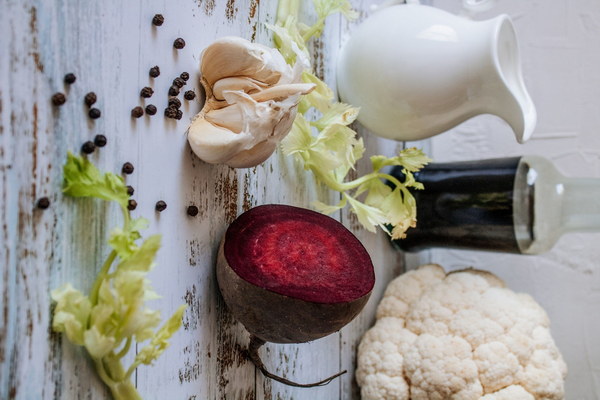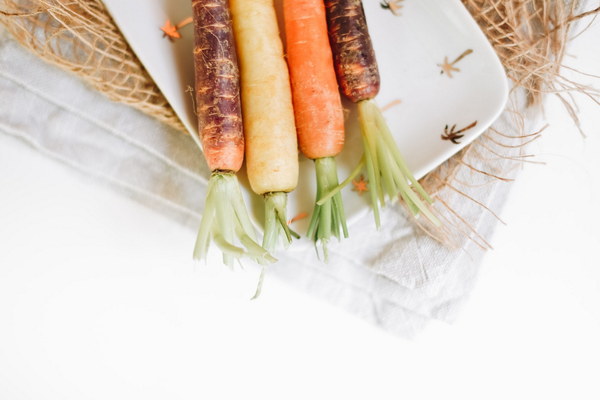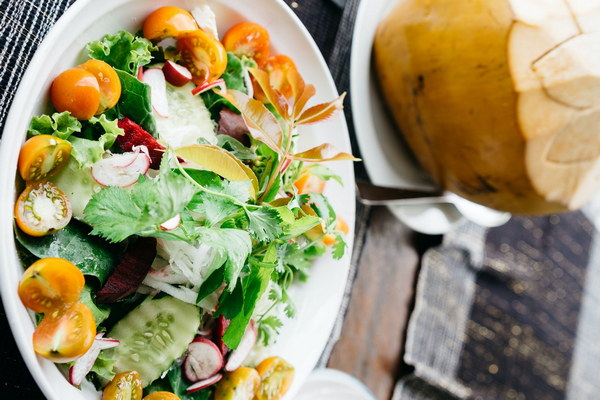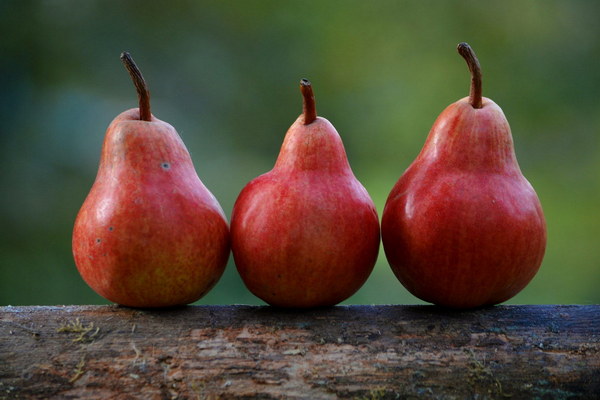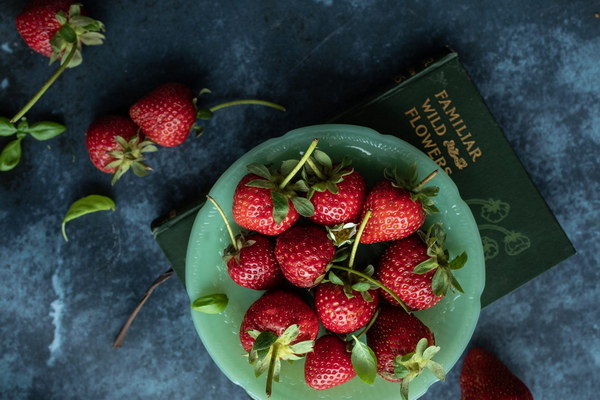Natural Remedies and Dietary Tips for Cough and Phlegm A Comprehensive Guide
Cough and phlegm can be quite discomforting, and while medical treatments are crucial, natural remedies and dietary adjustments can also play a significant role in alleviating symptoms. In this article, we'll explore various food-based strategies to help manage cough and phlegm, ensuring that your body receives the necessary nutrients to support its healing process.
Introduction
Coughing and the production of phlegm are common symptoms that can be triggered by a range of conditions, from colds and allergies to more serious respiratory issues. While over-the-counter medications can provide temporary relief, a holistic approach that includes dietary changes can enhance the body's natural defenses and promote quicker recovery. Let's delve into the world of nutrition and discover how food can help in the management of cough and phlegm.
1. Hydration is Key
Staying hydrated is crucial for thinning mucus and making it easier to cough up. Aim to drink plenty of fluids throughout the day, such as water, herbal teas, or broths. The following are some hydrating foods and drinks that can aid in this process:
- Water: The simplest and most effective way to stay hydrated.
- Herbal Teas: Peppermint, thyme, and eucalyptus teas are known for their respiratory benefits.
- Broth: Chicken or vegetable broth can help soothe the throat and provide hydration.

2. Foods Rich in Vitamin C
Vitamin C is an antioxidant that can boost the immune system and help combat infections. Foods high in vitamin C include:
- Citrus Fruits: Oranges, lemons, grapefruits, and kiwis.
- Berries: Strawberries, blueberries, raspberries, and blackberries.
- Red Peppers: These contain more vitamin C than oranges.
- Broccoli: A great source of vitamin C and other nutrients.
3. Ginger and Turmeric
These spices have anti-inflammatory properties that can help reduce cough and phlegm. They can be added to a variety of dishes or consumed in tea form:
- Ginger Tea: Ginger can be steeped in hot water with lemon and honey for a soothing drink.
- Turmeric: Add this spice to curries, soups, or smoothies for its health benefits.
4. Garlic
Garlic has been used for centuries to treat coughs and colds. It contains allicin, a compound that has antibacterial and antiviral properties. You can consume garlic in the following ways:
- Garlic Soup: A garlic-infused broth can be both comforting and beneficial.
- Garlic Supplements: Speak to a healthcare provider before taking garlic supplements, especially if you have certain health conditions.
5. Honey and Lemon
A mixture of honey and lemon has been a traditional cough remedy for generations. Honey has antibacterial properties, while lemon provides vitamin C and hydration:
- Honey and Lemon Tea: Mix honey and lemon juice with warm water and a touch of ginger for a soothing drink.
- Lemon and Honey on Toast: A simple yet effective way to incorporate these ingredients into your diet.
6. Avoid Irritants
Certain foods and substances can exacerbate cough and phlegm. It's best to avoid or minimize intake of:
- Spicy Foods: They can irritate the throat and increase mucus production.
- Dairy Products: Some people find that dairy increases mucus production.
- Alcohol and Caffeine: These can dehydrate you and irritate the throat.
Conclusion
Incorporating these foods into your diet can provide relief from cough and phlegm by supporting your body's immune system and reducing inflammation. Remember, while these natural remedies can complement medical treatments, it's always best to consult with a healthcare professional for personalized advice, especially if your symptoms persist or worsen. With a combination of proper nutrition and medical care, you can take steps towards a quicker and more comfortable recovery.
